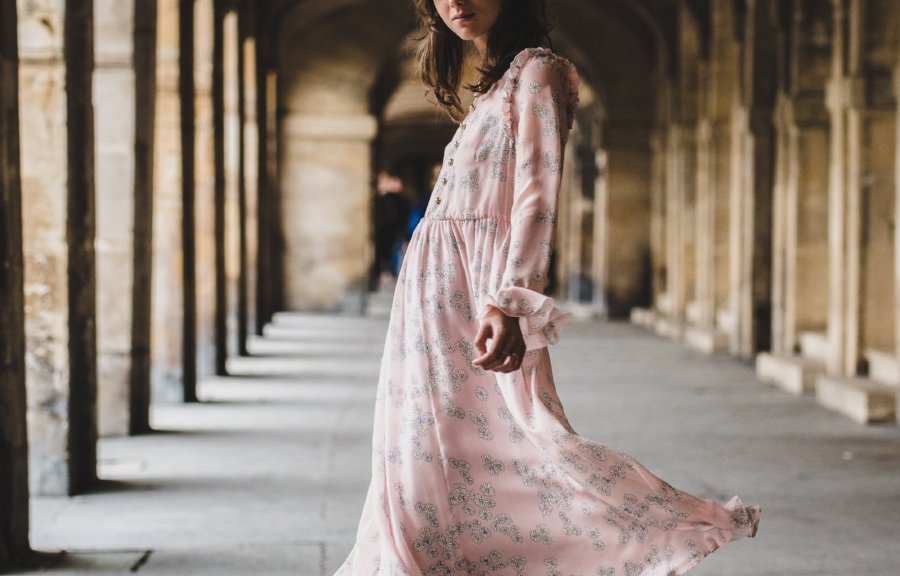
image: Unsplash
“The rise of social media has meant that everyone, not just celebrities, is expected to maintain and curate a personal brand,” as Quartz put it this week. Posting images on social media when we buy new clothes or purchase the latest gadget may seem harmless enough, but this consumption-oriented sharing may be undermining the mental well-being of the no small number of the approximately three billion people – or 40 percent of the world’s population – that use social media, with young people, who spend the greatest amount of time online, subject to the greatest risk.
A new study led by Hillbun Ho, a senior lecturer in marketing at the University of Technology in Sydney, aims to shed light on the link between “consumer-based content – such as posts about products or shopping experiences – and well-being,” with a particular focus on whether it gives rise to “greater anxiety, lower self-esteem and an increased likelihood of excessive spending.”
Mr. Ho notes that “on platforms like Facebook and Instagram, everyone looks happy: Enjoying holidays, going to fancy restaurants, buying luxury goods and clothes,” as demonstrated by the 2 million-plus posts documenting users’ “outfit of the day,” or #OOTD. While it is well-established that social media is home to exaggerated and even misleading depictions of peoples’ lives, Ho says he was particularly interested in “understanding whether this glossy portrayal has a psychological impact on social media users.”
In furtherance of the study, Mr. Ho and his team conducted face-to-face surveys with 900 Singaporean university students aged 17-24 about their social media activities, with an emphasis on “their behaviors related to social media usage, peer comparison, well-being and spending levels.”
His study asserts that when young adults engage in social media, particularly by creating and sharing content about products, it can trigger a social comparison process. “In the end, this hurts their psychological well-being, lowering their self-esteem and increasing anxiety levels,” the study reveals. “Feelings of inferiority, low self-esteem and anxiety.”
It can also lead “uncontrollable spending sprees – seemingly in an effort to close the gap between the students’ own lives and what they see in their news feeds,” which is good for business, particularly for brands that market products through social media “influencers,” per Ho’s study.
While Singaporean culture has “a strong focus on material life and peer comparison,” Ho notes that the results are applicable to a broader group of social media users, particularly young people. And if the emerging practice of consumers purchasing garments and accessories for the sole purpose of photographing them for their Instagram accounts – and then returning them – is any indication, the impact of social media pressures are impacting real-life consumption patterns across the globe.











